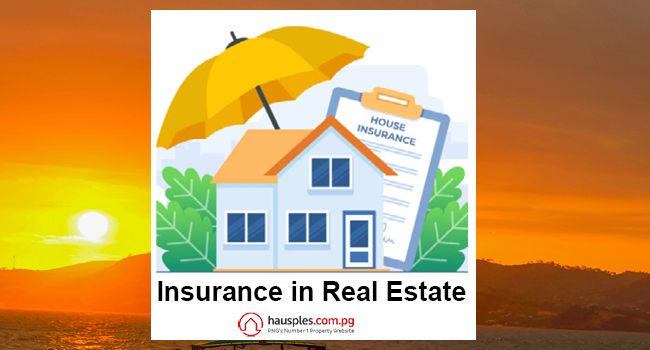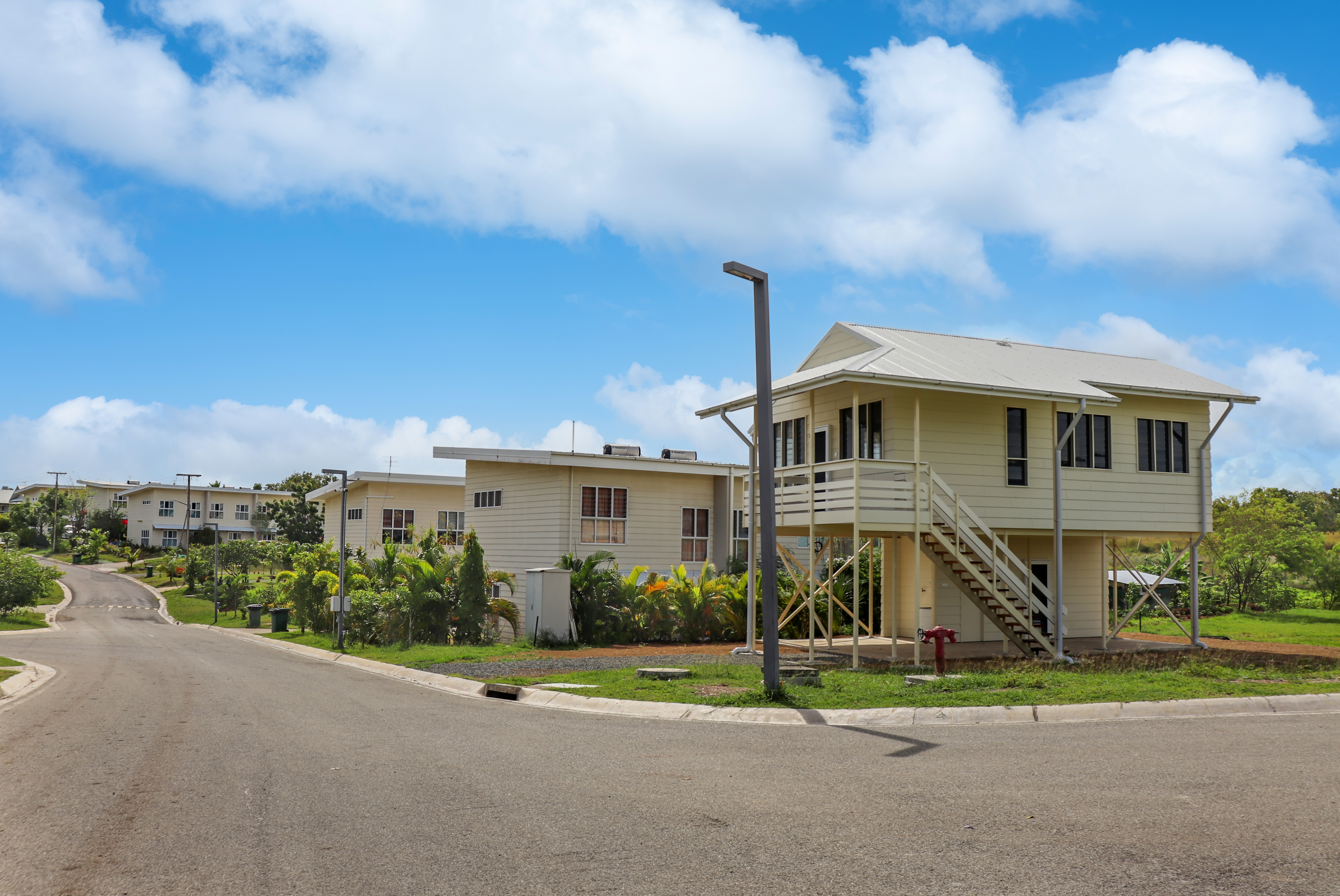The insurance sector, along with the banking and construction industries, is among the most important partners of the real estate industry. In many countries, Papua New Guinea (PNG), included, the trio play an important in a nation’s development.
Insurance companies not only partner with the big property developers, but are also there to help ordinary homeowners in times of disasters or emergencies.
Speaking during 2018 PNG Real Estate Show, Linda Garo, Senior Underwriting Associate of Trans Pacific Assurance Limited (TPAL), highlighted the importance of property insurance.
With property insurance, the owner or renter of a structure is financially reimbursed for damage or loss arising from fire, flood, theft, and other unexpected events. There are several types of property insurance, including homeowners insurance, renters insurance, flood insurance, and earthquake insurance.
Insurance is your protection
TPAL is a leading insurance company in PNG. Established in 2014, the company provides home insurance, motor vehicle insurance, medical insurance, and business insurance services.
Ms. Garo emphasized that insurance companies are there to help people, including homeowners, in the real estate sector.
Generally, it is understood that many insurance companies work with property developers to insure apartment complexes, condominiums, commercial buildings, and other residential, commercial, and mixed-use developments against property risks that usually come with natural or man-made calamities like fire, typhoon, earthquake, etc.
For homeowners, Ms. Garo noted that insurance is your protection against liability or property risks you face as an owner.
“For example, if somebody sues you for injury or damage caused by you or your property, the cost of defending that suit will add to thousands of Kina,” said Ms. Garo, referring to the official currency of PNG.
In addition, it was pointed out that by Ms. Garo that there are other fees that you need to pay regardless of the outcome of the suit. It is understood that the amount you have to pay if you lose the suit and other associated costs will be borne by insurance.
Ms. Garo also highlighted the fact that insurance is there to help in times of emergencies or other tragic happenings.
“If you were to lose your home due to a fire, or have the contents of your property damaged or stolen, you will not have the funds to replace everything all at once,” she pointed out. “That’s why market lenders as a rule require homeowners to buy home insurance,” she stressed.
Home Insurance policy coverage
Ms. Garo then went on to explain about home insurance policy coverage.
With many insurance companies in Papua New Guinea, individual home insurance policies vary. However, according to Ms. Garo, the majority of home insurance policies are based on a standard form.
“And all of these policies have two important areas- property and liability. Moreover, your policy will cover you for more living expenses should your home not be livable for a period of time. This usually occurs during a time of disaster when a home is destroyed or heavily damaged.
According to Ms. Garo, covered personal properties include contents of your home and personal belongings owned or carried by your or members of your family. She noted that there are limits on losses that can be claimed.
Ms. Garo said the worth of a property is determined through valuation, with which insurance companies perform differently. “One insurance company will use a different method from the one being used by another insurance firm,” she pointed out.
Actual Cost Value, Replacement Coverage and Extended Replacement Cost
The common methods, according to her, are actual cash value, replacement coverage, and extended replacement cost.
Actual cost value refers to actual cost of an item minus depreciation. “For example, a new television set may cost 1,000 Kina. But if your seven year old TV was damaged by fire and the value depreciated by 50 percent, you will be paid 500 Kina,” Ms. Garo stressed.
Replacement coverage is the cost of replacing an item without deducting depreciation, but limited to a maximum Kina. Citing the previous example, Ms. Garo said that an insurance claimant for the damaged TV will receive the full 1,000 Kina.
Extended Replacement Cost is the one that covers cost up to a certain percentage over the policy limit. This protects the policyholder from suddenly high construction costs that usually occur after a disaster when high demand for building materials pushes the prices up.
Ms. Garo reminded that it is important to report damage or loss of property to your insurance company representative as soon as possible.
She said that you can make emergency repairs to your damaged house, but that you have to inform the insurance provider before making any repairs. “The insurance company has the right to inspect the property in its damaged condition,” she pointed out.
If your property is stolen, Ms. Garo advised that you notify the police immediately and call your company representative.
In PNG, there is a vibrant insurance industry offering property and other types of insurance.



Comments